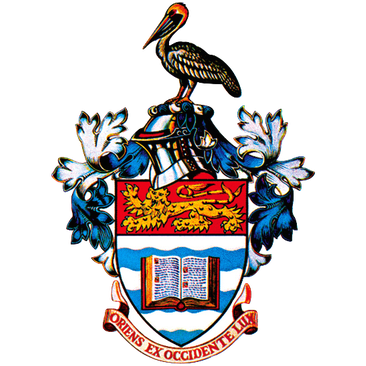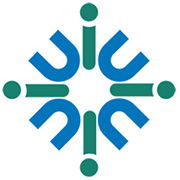📚About the Program
The field of study of 'Global Communication' belongs to the area of education in the humanities. The learning outcomes cover issues from two scientific disciplines, namely linguistics and literary studies.
The study program enables the student to acquire theoretical knowledge and practical skills in linguistics, literary studies, culture and communicology, as well as high skills and competence in the practical knowledge of the major languages: English, Russian and (optional) a second Western European (Spanish or German) or East Slavic (Belarusian or Ukrainian) language.
Equipping graduates with knowledge and skills in interpreting the linguistic, literary and cultural phenomena and contexts of the English and East Slavic areas in a global context, especially in relation to the East-West axis, will allow them to use them practically in professional work of various nature, in which specialized cultural-linguistic-communicative qualifications are necessary.
These qualifications are obtained by graduates during the implementation of groups of subjects, i.e. exercises, conversation classes, laboratories and workshops that make up the block of subjects related to the improvement of communicative skills of non-native, Western European and Eastern European languages, as well as subjects in the fields of communicology, history, language, literature, cultural-literary comparative studies and cultural-social realities.
The study program enables the student to acquire and improve fundamental competencies and skills desired on the labor market, such as effective organization of own work, responsibility in performing assigned tasks, ability to work individually and in teams, ability to make independent choices, awareness of the need for self-education and integration of knowledge from various disciplines.
The first degree program ends with a bachelor's degree in 'Global Communication'. Graduates can continue their studies at the second degree program in majors that require knowledge of English, Russian and a second non-native Western European or Eastern Slavic language, as well as the ability to properly orient themselves in global-cultural-social realities.
Show less












